Health company Withings has launched a new Apple Health compatible smart scale to provide weight and body composition measurements — and even an "Eyes Closed" mode.
The Body Smart scale is the newest addition to the company's line of scales, offering multifrequency bioelectrical impedance analysis (BIA) sensors. The technology is a fast way to measure body composition by examining fat and fat-free body mass and other measurements.
Body Smart's improved body composition analysis includes the measurement of visceral fat, which encircles the internal organs and has been associated with a higher risk of diabetes and heart disease. Body Smart also delivers cardiovascular measurements and analysis by monitoring standing heart rates.
And for the first time, Withings Body Smart will also be able to measure Basal Metabolic Rate (BMR). BMR is the number of calories the body burns at rest, providing valuable information about a person's overall metabolic health.
By comparing how many calories a body burns at rest with others of a similar age, Body Smart also uses this to determine metabolic age. After an automatic upgrade, these functionalities will be accessible from May 2023 forward.
Body Smart includes a screen that displays relevant information, but it has an "Eyes Closed Mode" for people who may be uncomfortable with seeing their results. For example, the mode tracks a person's weight in the accompanying app but doesn't display it on the screen.
It also shows encouraging, motivating messages or daily information such as step counts, air quality, and the weather.
Withings Body Smart scale — Pricing & Availability
The scale is now available from April 18 at $99.95 through Withings or on Amazon.
 Andrew Orr
Andrew Orr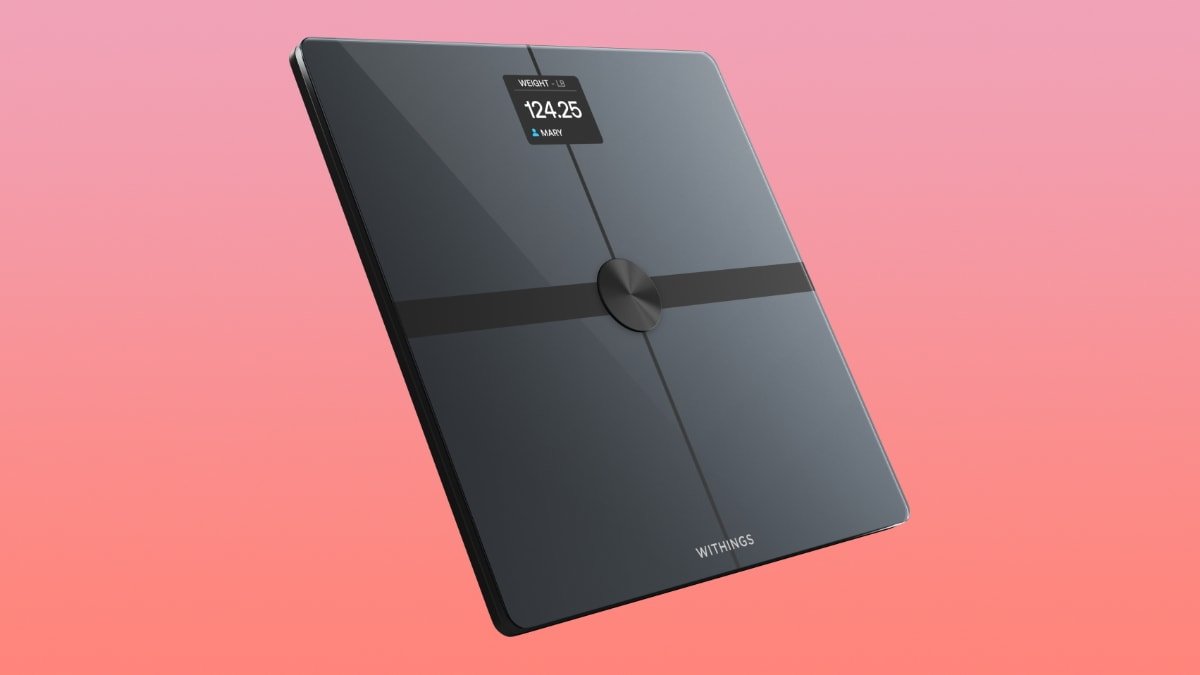
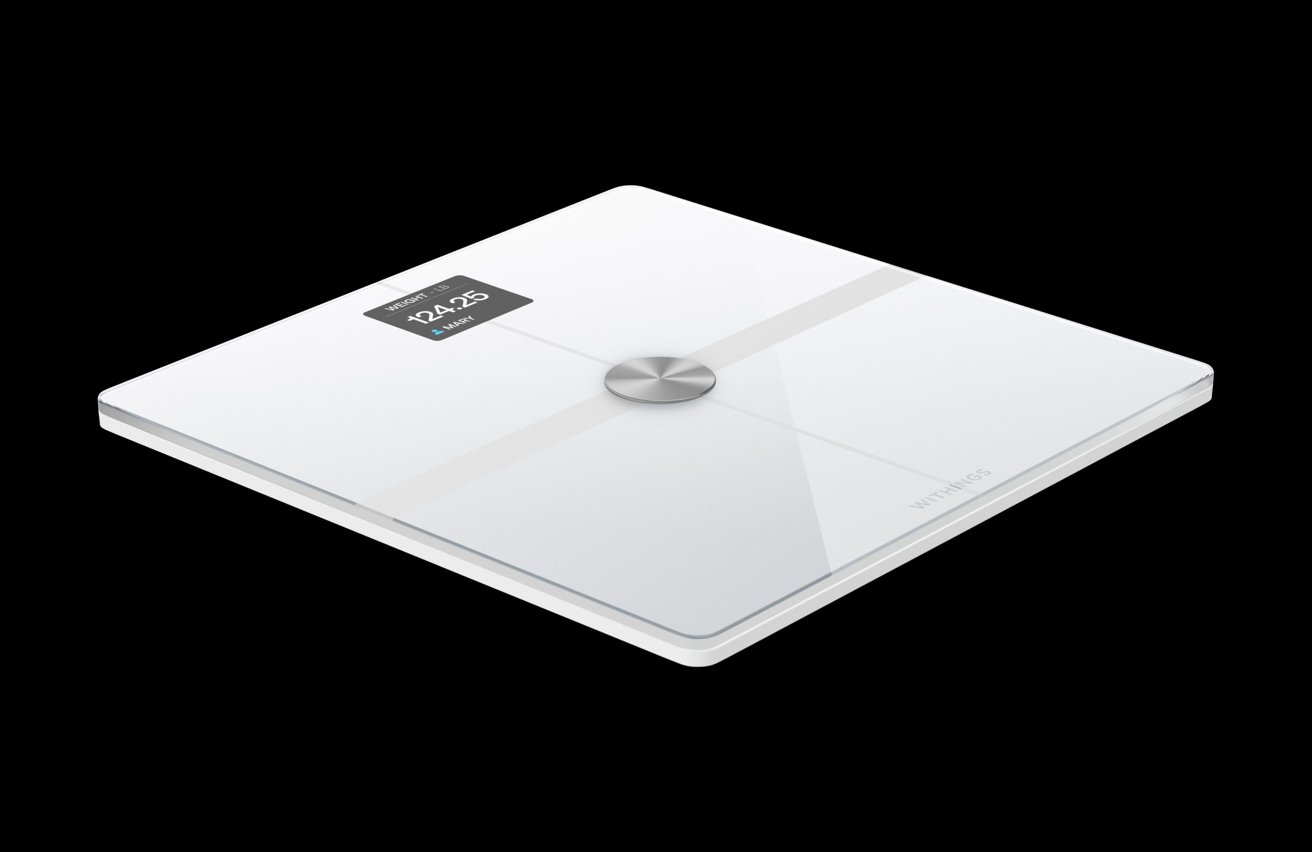
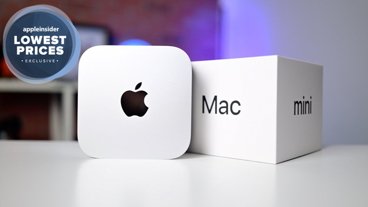

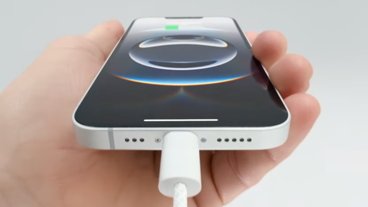


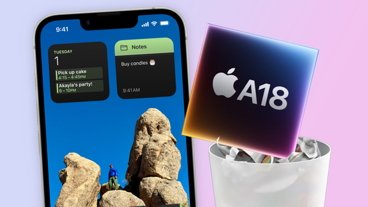
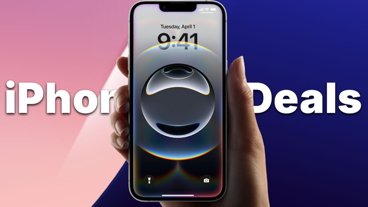
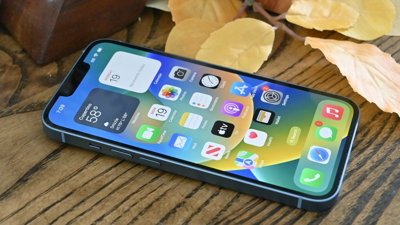
 Amber Neely
Amber Neely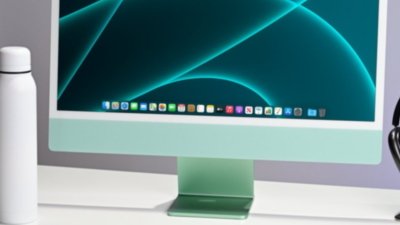
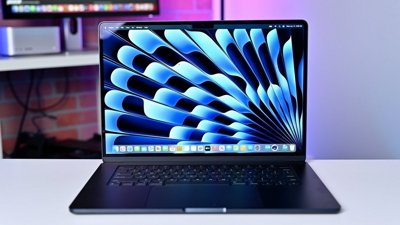
 Malcolm Owen
Malcolm Owen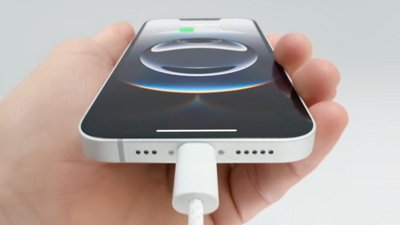
 William Gallagher
William Gallagher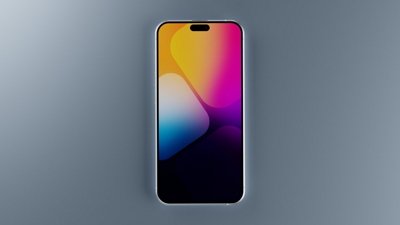
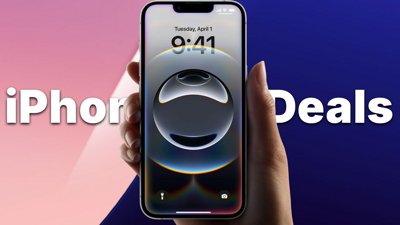
 Christine McKee
Christine McKee
 Mike Wuerthele
Mike Wuerthele



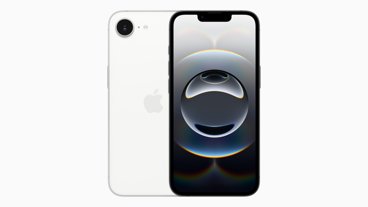
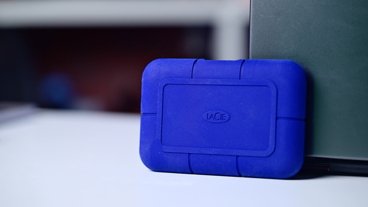
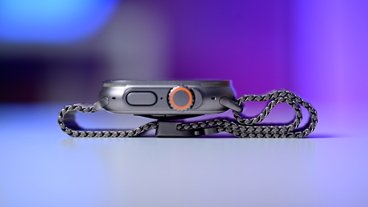
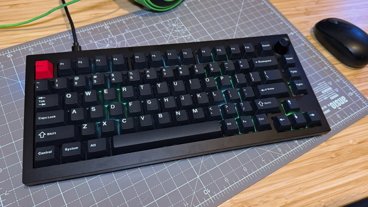

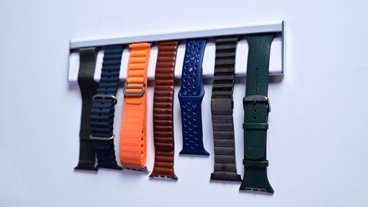

8 Comments
I would love to know about the accuracy of the body composition analysis.
I have a Fitbit scale that has a body fat feature but I've found the results are several percent higher than the measurement from an InBody body composition analyzer. Perhaps FitBit dropped the body fat feature from their product line because it wasn't accurate. Or maybe InBody is inaccurate but that's actually a medical device so I tend to think that device is accurate. I like to think that the increase/decreases on in measurement on FitBit are generally correct but who knows? I can only use the InBody device every few months. If the Withings scale is reasonably accurate, I might want one.
I think this article is missing some very important info: I believe this scales required a $10 monthly subscription fee for all the health data to be collected and sync’d
Paid $99 for the Body+ model in Dec. Read about this new scale and something about a subscription.